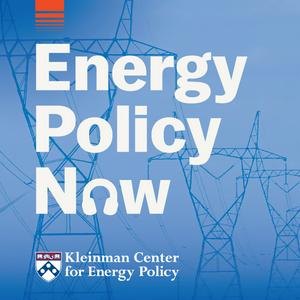Gas-fired power is back in favor in the United States, but methane emissions threaten its credibility.
---
Methane is one of the most potent greenhouse gases, and global efforts to curb methane emissions are accelerating. Beginning later this decade, the European Union will impose new methane rules on oil and gas imports, and major energy-importing countries across Asia are paying closer attention to the emissions profile of the fuels they buy.
The policy outlook in the United States, however, is very different. Under the Trump administration, federal methane regulations have been delayed or rolled back, even as policymakers promote expanded use of natural gas, particularly in the power sector. This divergence raises questions not only about climate impacts, but about competitiveness. As international buyers increasingly factor environmental performance into purchasing decisions, U.S. producers’ ability to measure and reduce methane emissions may shape their access to global markets. More broadly, natural gas’s credibility as a lower-carbon fossil fuel hinges on keeping methane leaks to a minimum.
Mark Brownstein, senior vice president for energy transition at the Environmental Defense Fund, has spent more than two decades focused on identifying, measuring, and reducing methane leaks across the natural gas value chain. He discusses why methane has moved to the center of climate and energy debates, how international pressure is reshaping expectations for fossil fuel producers, and how new tools, including a recently released global methane scorecard developed with the International Energy Agency and the United Nations, are helping to track progress. He also explains why cutting methane emissions remains one of the most achievable and cost-effective climate actions available today.
Mark Brownstein is senior vice president for energy transition at the Environmental Defense Fund and a member of the Kleinman Center advisory board.
Related Content:
Energy System Planning: New Models for Accelerated Decarbonization https://kleinmanenergy.upenn.edu/research/publications/energy-system-planning-new-models-for-accelerating-decarbonization/
Elevating Carbon Management: A Policy Decision-Making Framework and Rubric for the 21st Century https://kleinmanenergy.upenn.edu/research/publications/elevating-carbon-management-a-policy-decision-making-framework-and-rubric-for-the-21st-century/
Energy Policy Now is produced by The Kleinman Center for Energy Policy at the University of Pennsylvania. For all things energy policy, visit kleinmanenergy.upenn.edu.
See omnystudio.com/listener for privacy information.


